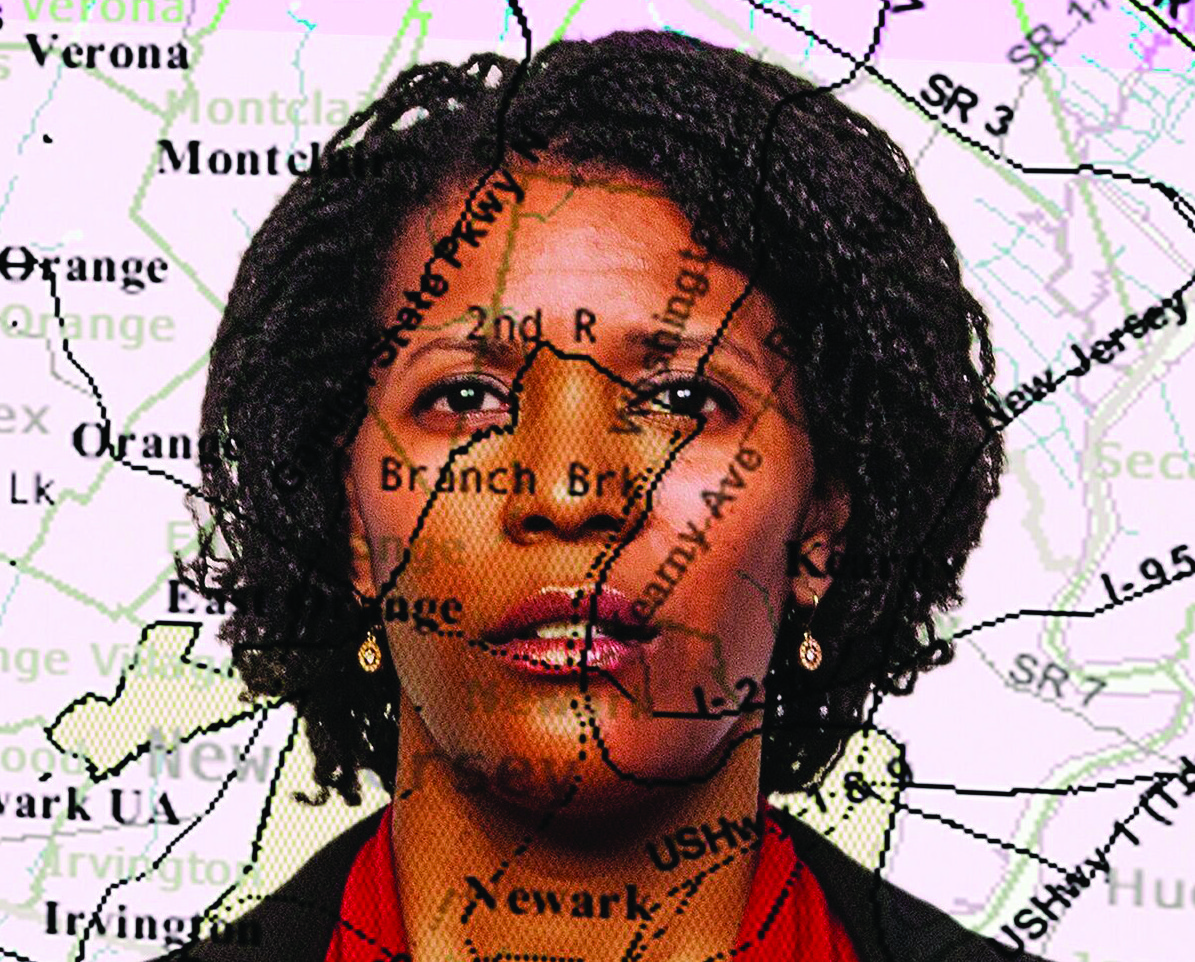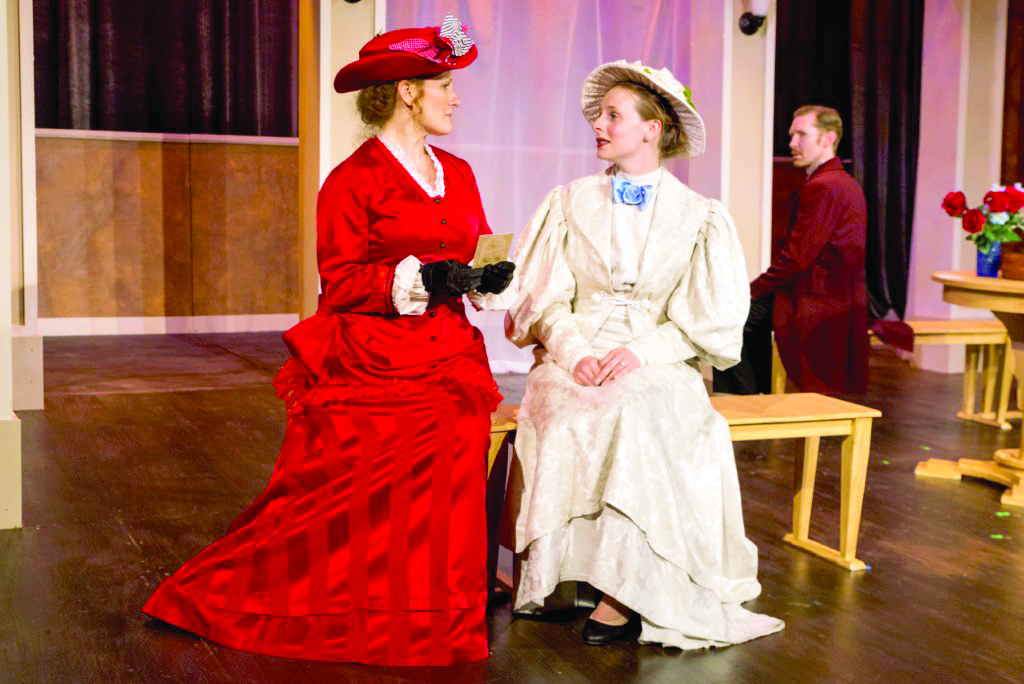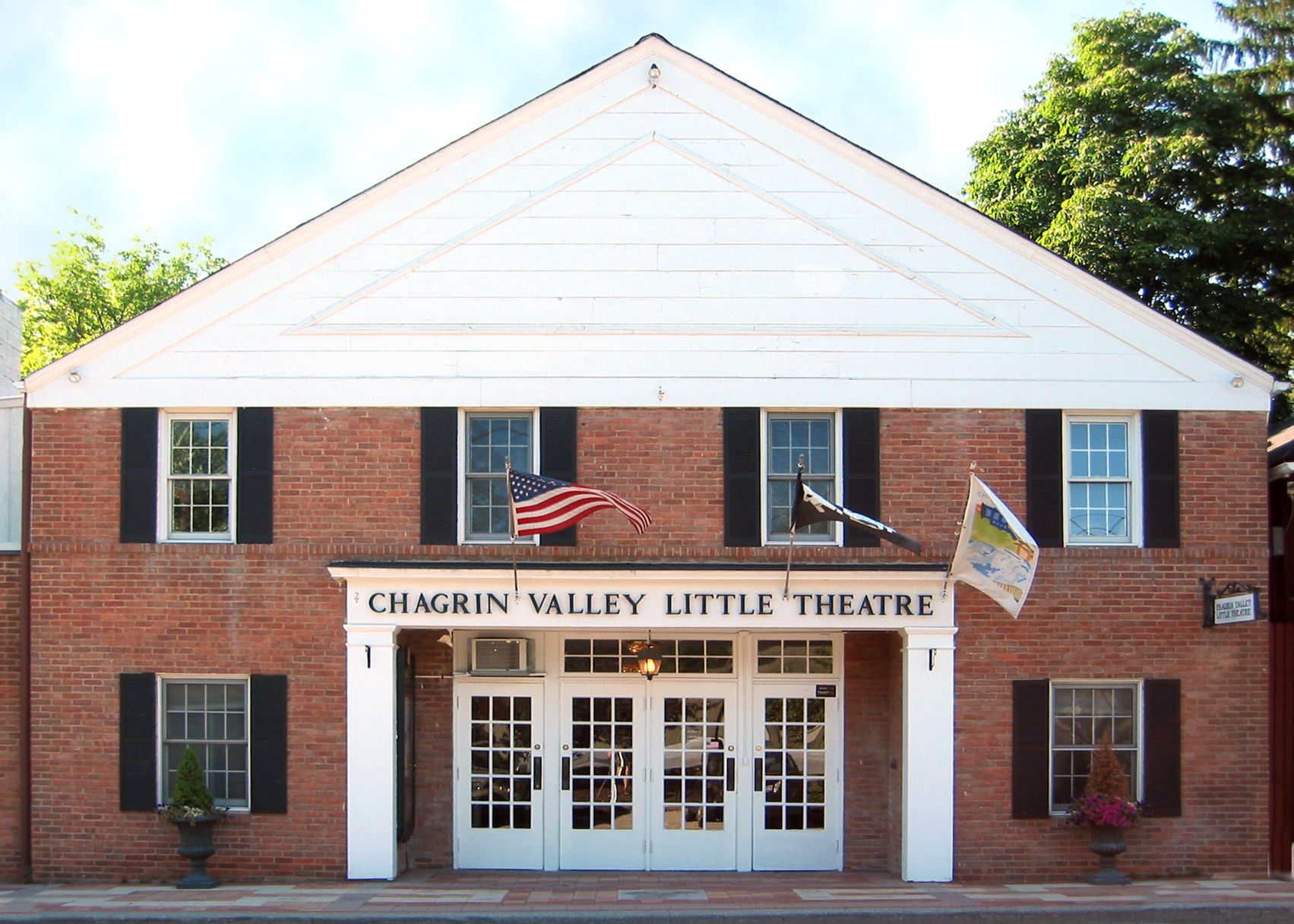Cleveland Play House offers a marvelously madcap ‘Baskerville’
By Bob Abelman
The Cleveland Play House has a long-term love affair with playwright Ken Ludwig.
After staging world premiere productions of his “Leading Ladies” in 2004, “The Game’s Afoot” in 2011 and “A Comedy of Tenors” to open its centennial season in 2015, the CPH’s is offering “Ken Ludwig’s Baskerville: A Sherlock Holmes Mystery” at its Allen Theatre.
It is easy to see the attraction. Ludwig has mastered the farce formula – the silly situations, the witty repartee delivered at lightning speed, and the hyper-dramatic and highly stylized funny-business – and now his plays are branded with his own name in their titles. It is enough to turn an artistic director’s head.
First staged in 2015 at Washington, D.C.’s Arena Stage, “Baskerville” is a farcical yet faithful send-up of Sir Arthur Conan Doyle’s somber piece of turn-of-the-20th century Sherlock Holmes fiction, “The Hound of the Baskervilles.”
In the Cleveland Play House production, Holmes (a fully-vested and perfectly intense Rafael Untalan) and Watson (a wonderfully accessible Jacob Jones) are visited by a Dr. John Mortimer (Brian Owen), who seeks out their services because of the recent death of his friend Sir Charles Baskerville outside the Baskerville Hall estate. According to locals (including Nisi Sturgis), the family is cursed by a supernatural hound that roams the moors and has been killing for centuries. Mortimer is concerned for the safety of the American heir to the family fortune, Sir Henry (Evan Alexander Smith), who has just arrived from Texas.
Once Holmes and Watson arrive at Baskerville Hall to investigate, they encounter a number of highly suspicious individuals, including the Baskerville servants Mr. and Mrs. Barrymore, neighbors Jack Stapleton and his sister Beryl, an escaped convict lurking in the moors, and the woman who last saw Sir Charles before his demise.
The storytelling requires an unfortunate amount of somnolent exposition, given its literary lineage, though ample fun is poked at Sir Arthur Conan Doyle’s gothic plot points throughout. But what turns all this on its head is that the dozens of secondary characters are deftly handled by the same three energetic and exceptionally gifted comedic actors – Owen, Sturgis and Smith.
They employ an impressive array of accents, mannerisms and quick-change period costumes (by Lex Liang) and wigs (by Mary Schilling-Martin and Caitie Martin) to help distinguish one character from another, which are broadly based and often comically unconvincing members of the opposite sex. Several of these miraculous costume changes occur before our eyes.
These on-stage antics are perfectly accentuated by excesses of dry ice and dramatic lighting by Peter Maradudin, sound and music designer Victoria Deiorio’s melodramatic underscoring, and Timothy R. Mackabee’s scenic design that consists largely of stand-alone set pieces on wheels – windows and doors, mostly, and a framed portrait most remarkably – that double as slap-shtick props.
All this is surrounded by the dark brick exterior of an industrial building in London until it opens to reveal the English countryside that houses the Baskerville Hall estate.
Director Brendon Fox sets the action in perpetual motion from the get-go and his production is a thoroughly entertaining enterprise. But despite all the quick-change artistry and the actors’ very funny self-aware references to the changes’ absurdity, frequency and difficulty, too few risks are actually taken in this production. And too few self-aware references are spontaneous and genuine. This production is marvelously madcap but rarely is it as rollicking as, say, “A Comedy of Tenors.”
One reason may be that “Baskerville” lacks originality. The comedic device on display, and some of its specific gags, borrow heavily from Patrick Barlow’s 2007 four-person parody of the 1935 Hitchcock film “The 39 Steps,” which set the bar for quick-change comedy. And the humor that surrounds the Baskerville servants, Mr. and Mrs. Barrymore, seems inspired by Mel Brooks’ Igor and Frau Blucher in his “Young Frankenstein.”
Also, the application of this quick-change device to Sir Arthur Conan Doyle’s “The Hound of the Baskervilles” was first done in John Nicholson and Steve Canny’s delightful 2007 adaptation of the same name.
Sometimes, in long-term affairs, love is simply taken for granted and less effort is made to keep it vibrant. That seems to be the case with “Ken Ludwig’s Baskerville: A Sherlock Holmes Mystery.” Before the Cleveland Play House produces its next play, it may want to consider hiring Dr. Ruth Westheimer as the dramaturg.
On Stage
WHERE: Allen Theatre, 1407 Euclid Ave., Cleveland
WHEN: Through Feb. 12
TICKETS & INFO: $15 – $115, call 216-241-6000 or go to clevelandplayhouse.com
Bob Abelman covers theater and cultural arts for the Cleveland Jewish News. Follow Bob at Facebook.com/BobAbelman3.
Originally published in the Cleveland Jewish News on Jan. 30, 2017.
Lead image: Rafael Untalan as Sherlock Holmes, left, and Brian Owen as Actor One. Photo | Roger Mastroianni











